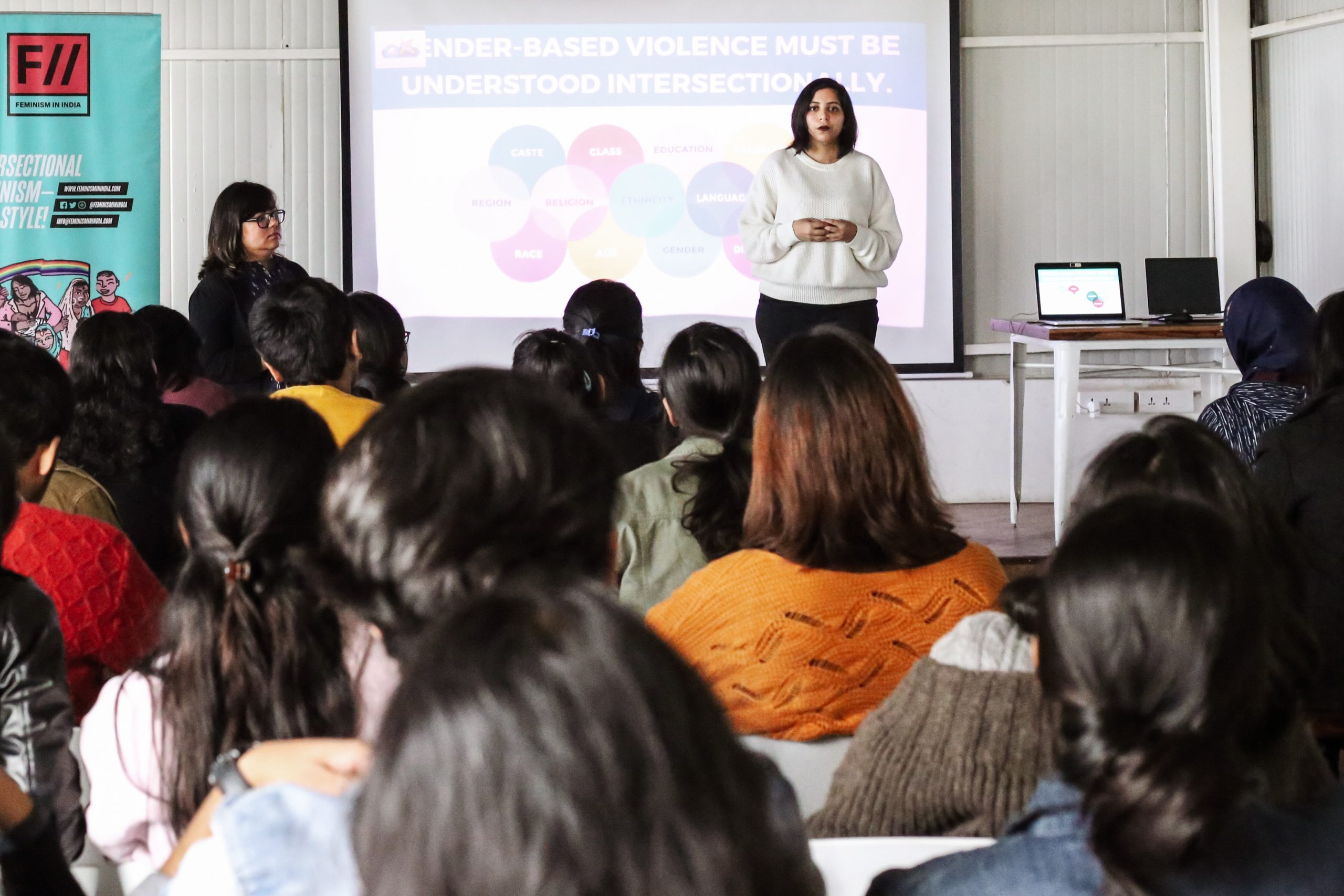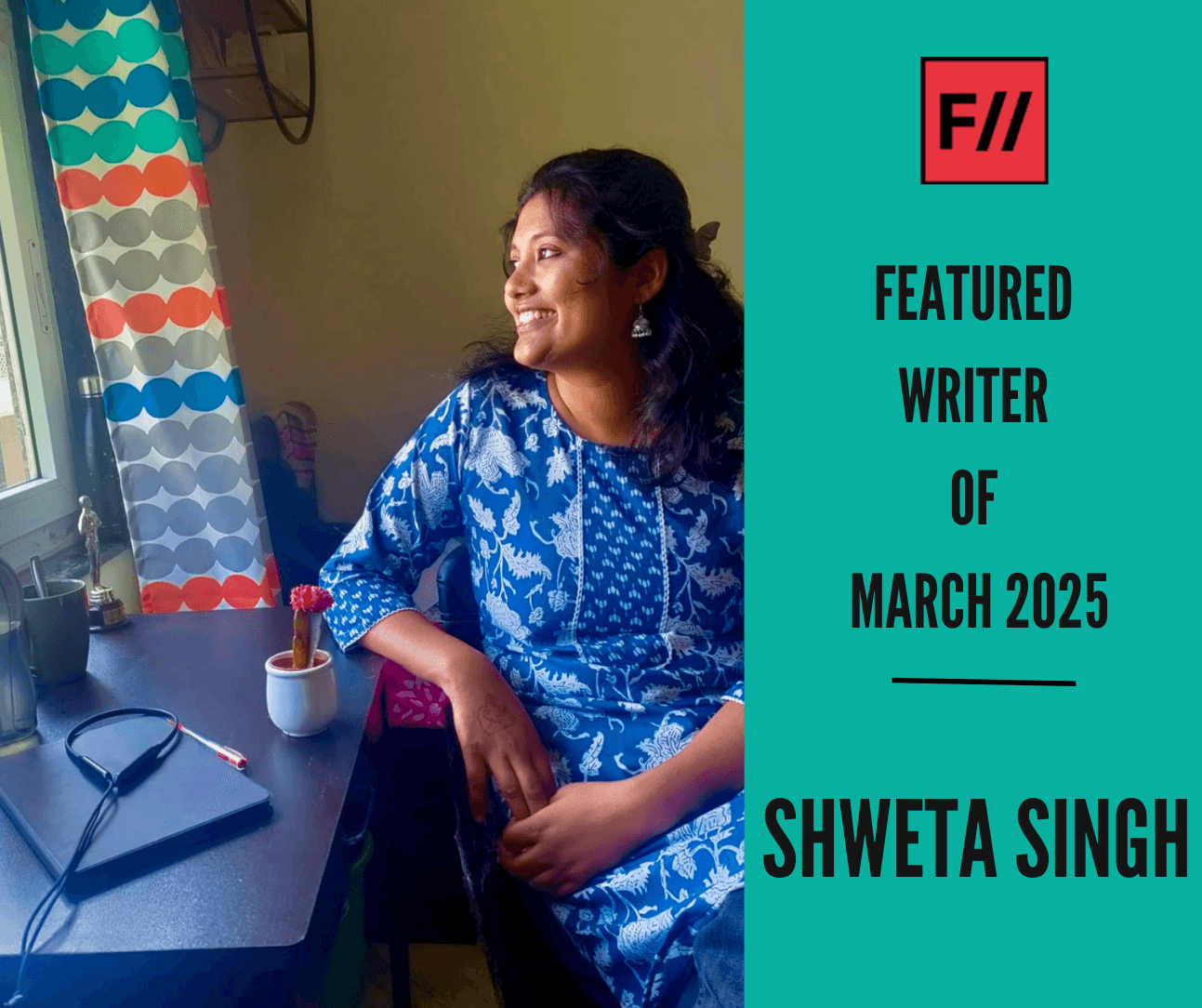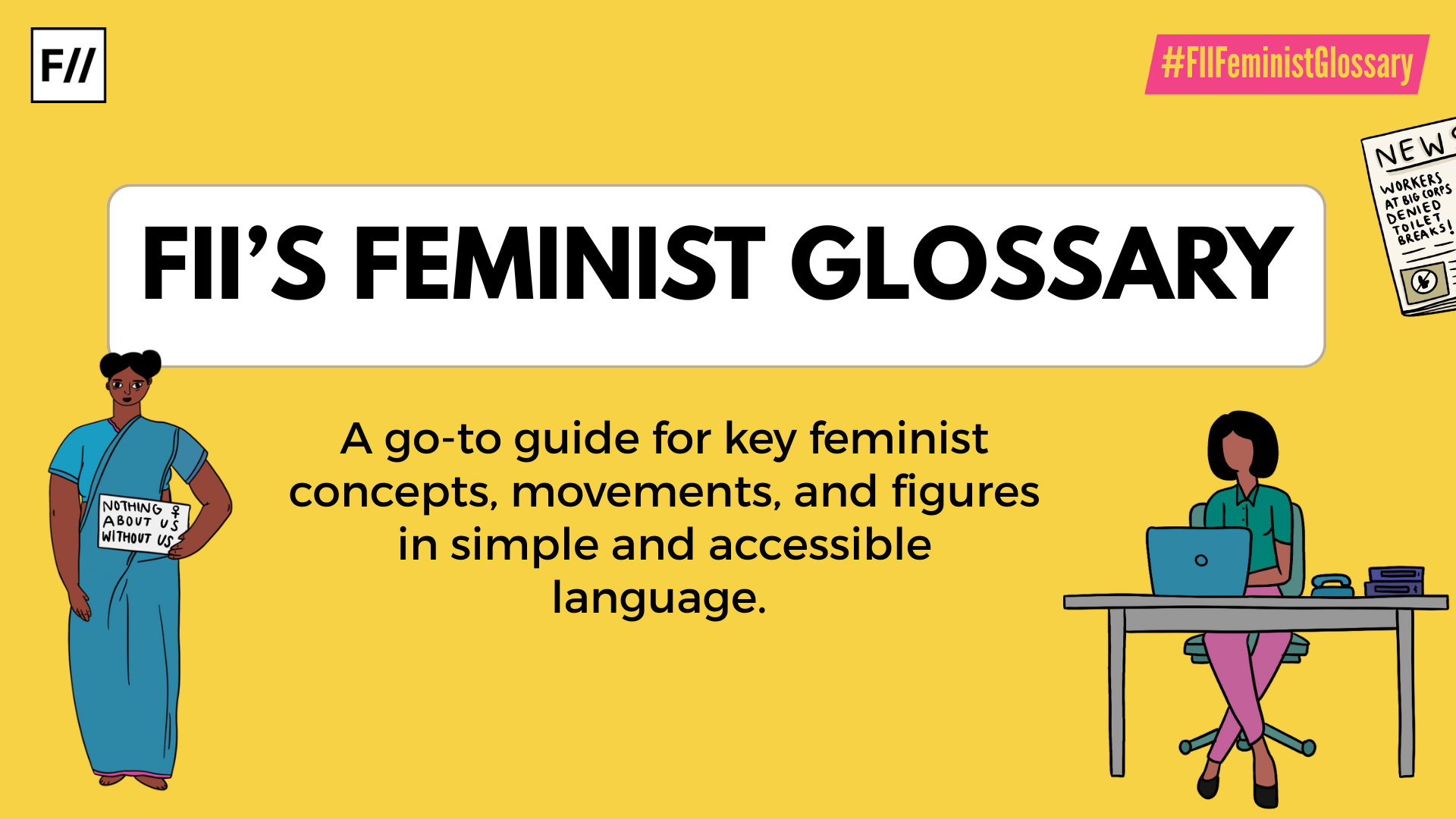On 15th February 2020, Feminism in India and Breakthrough India got together to host an open workshop for media students and other interested parties on how to be a gender-sensitive media professional. The workshop looked at how the media represents gender-based violence, and focussed largely on Indian mainstream news media and on Indian cinema, fusing two core concerns by the facilitating organisations, gender bias in mainstream cinema and news coverage of gender-based violence.
This workshop sought to disseminate the findings of the #GBVinMedia toolkit created by Feminism in India. The #GBVinMedia toolkit is a media ethics toolkit for media professionals to employ ethical journalism when reporting on gender-based violence. It was designed with the objective of providing media platforms and professionals a handy guide to report gender-based violence. The language employed by the media in reporting gender-based violence is crucial in furthering a society that is more informed and sensitive to survivors. Unfortunately, the reality is such that many media practices tend to perpetuate patriarchal mindsets and rape culture. This toolkit provides an overview of the nature of rape reportage in English language media in India, and lists a number of ways in which problematic media practices can be replaced with sensitive and affirming methods that uphold the rights and dignity of survivors of sexual violence. Apart from this, the workshop took on the findings of the #ViolenceIsNotFilmy campaign by Breakthrough India, that seeks to change the way cinema depicts gender-based violence on screen.
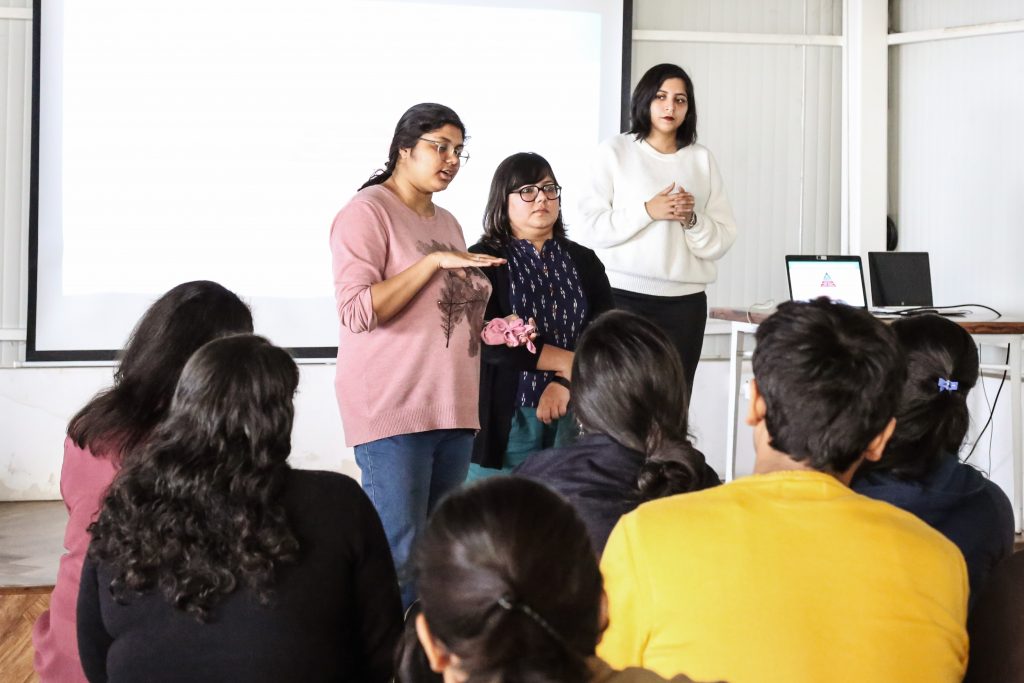
The workshop was facilitated by Asmita Ghosh of Feminism in India and Anika Verma of Breakthrough India. Starting with a conceptual understanding of gender-based violence and rape culture, the workshop delved into a lively group discussion about how rape culture manifests in everyday life. Participants spoke about life events where they had encountered the many headed hydra of patriarchy, including stories about facing abuse on social media, being blamed for experiencing sexual assault and not being able to speak out about sexual violence due to the fear of not being believed.
The facilitators then took the audience through the key ways in which the media (both news and popular media) can reinforce harmful facets of rape culture. We saw trailers of films like Mardaani 2 to discuss sensationalism of rape and sexual violence by the media, and complemented it with examples of headlines that turned the crime of sexual violence into a spectacle.
The audience bolstered the examples given on screen with ones of their own. Indian cinema was discussed, from Bollywood to Mollywood to Kollywood, where sexual violence had been minimised, made fun of, or sensationalised. Relevant examples from the news media also cemented this discussion, like the use of words like ‘sex scandal’ to describe rape or ‘eve-teasing’ to describe sexual harassment.
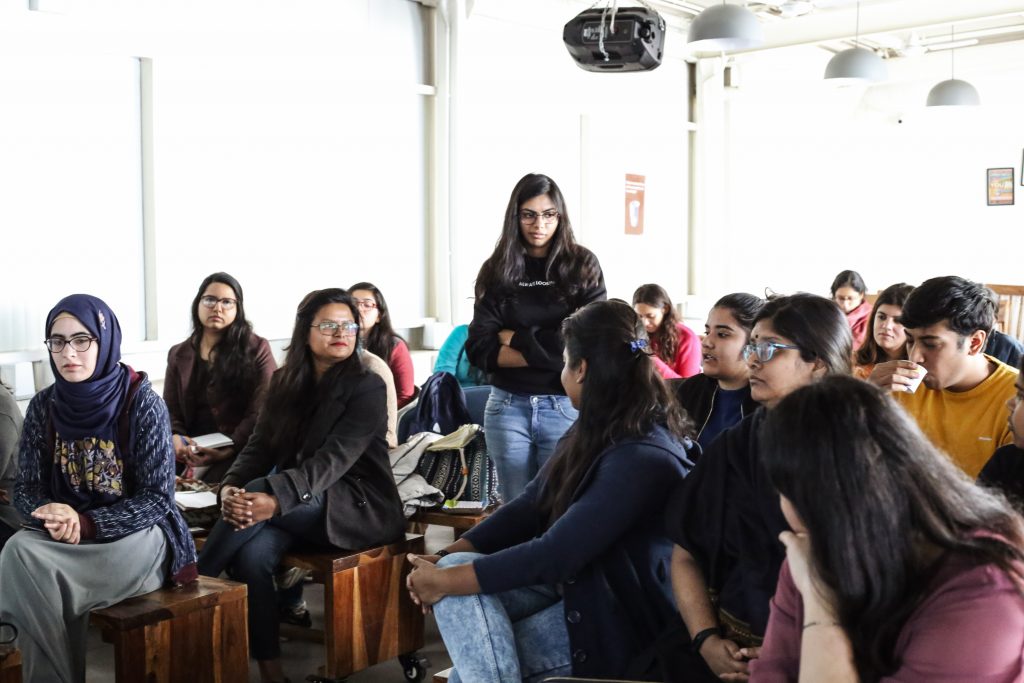
The three hour session wrapped up with chai and sandwiches, with several participants engaging with each other in smaller conversations and opportunities for collaboration. The FII team is looking to present the #GBVinMedia toolkit in seminars, conferences and workshops in media schools and media houses across India, in a bid to drive the movement for gender-sensitive journalism forward. If you would like to get in touch, please email asmita@feminisminindia.com to discuss collaborations.
About the author(s)
Feminism In India is an award-winning digital intersectional feminist media organisation to learn, educate and develop a feminist sensibility and unravel the F-word among the youth in India.
